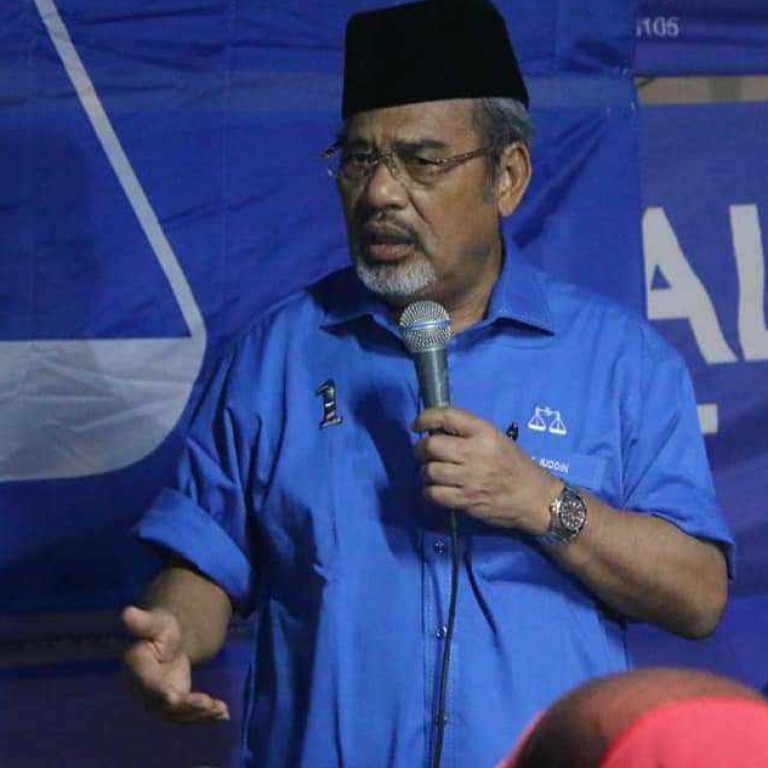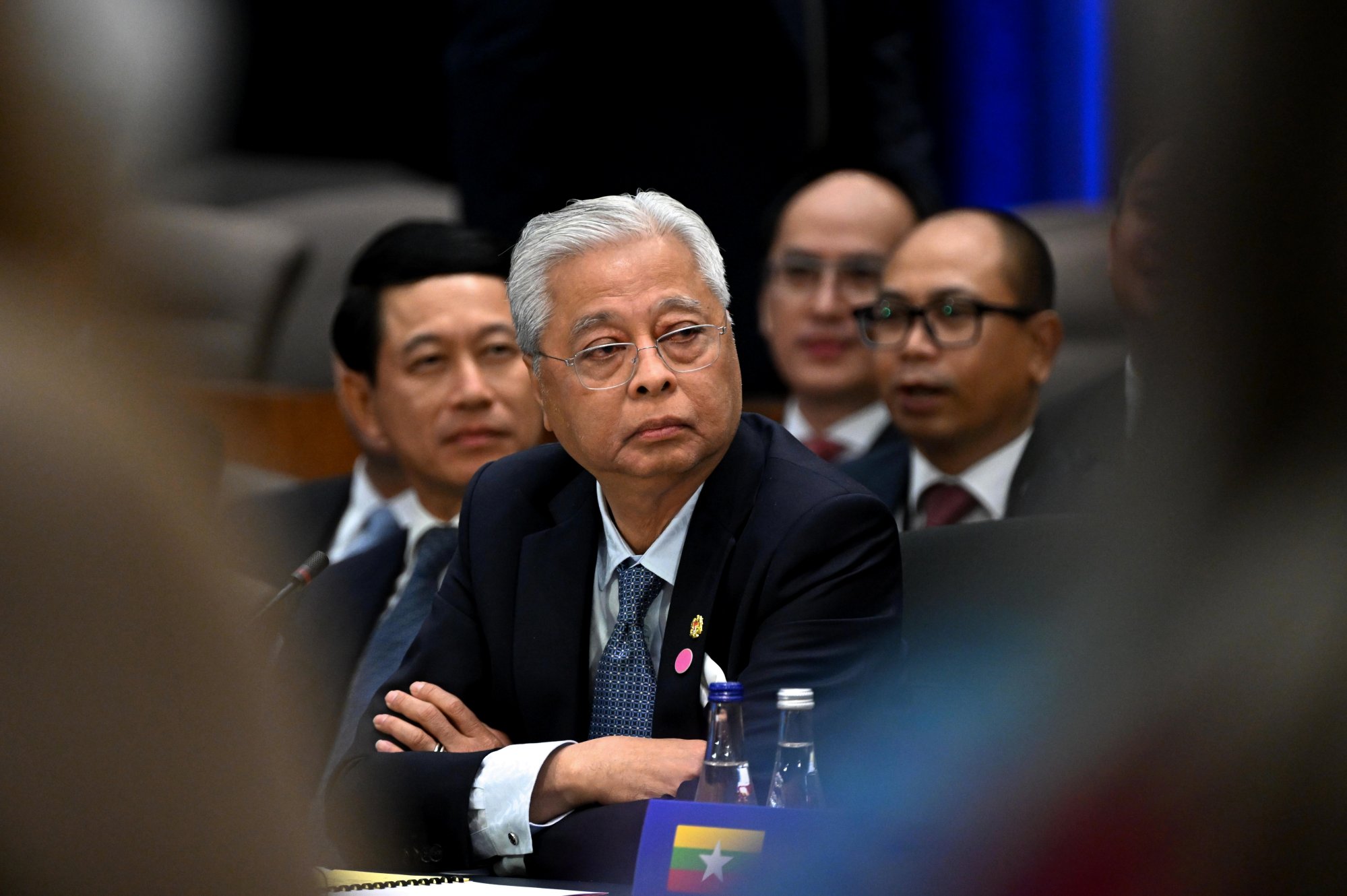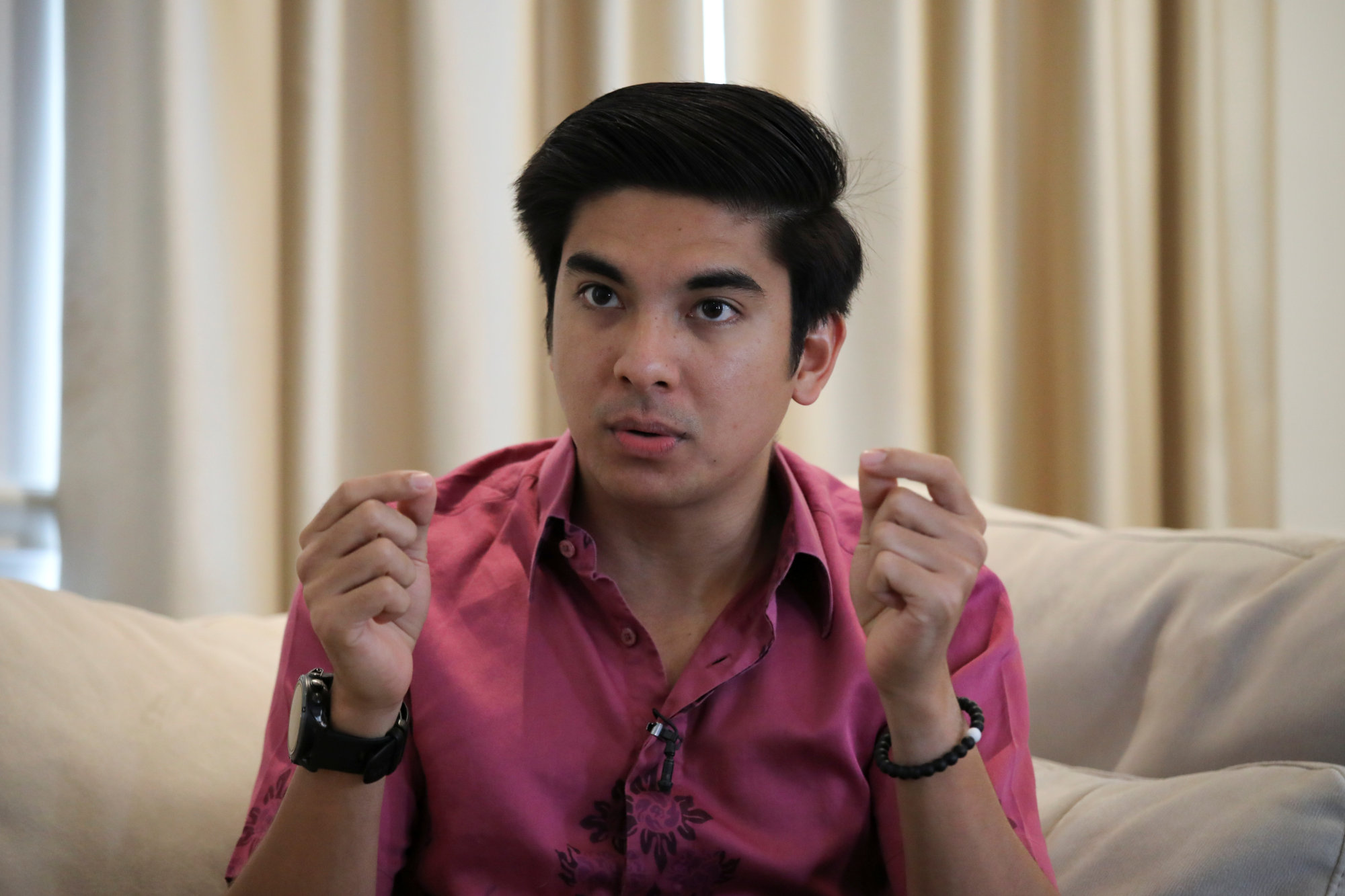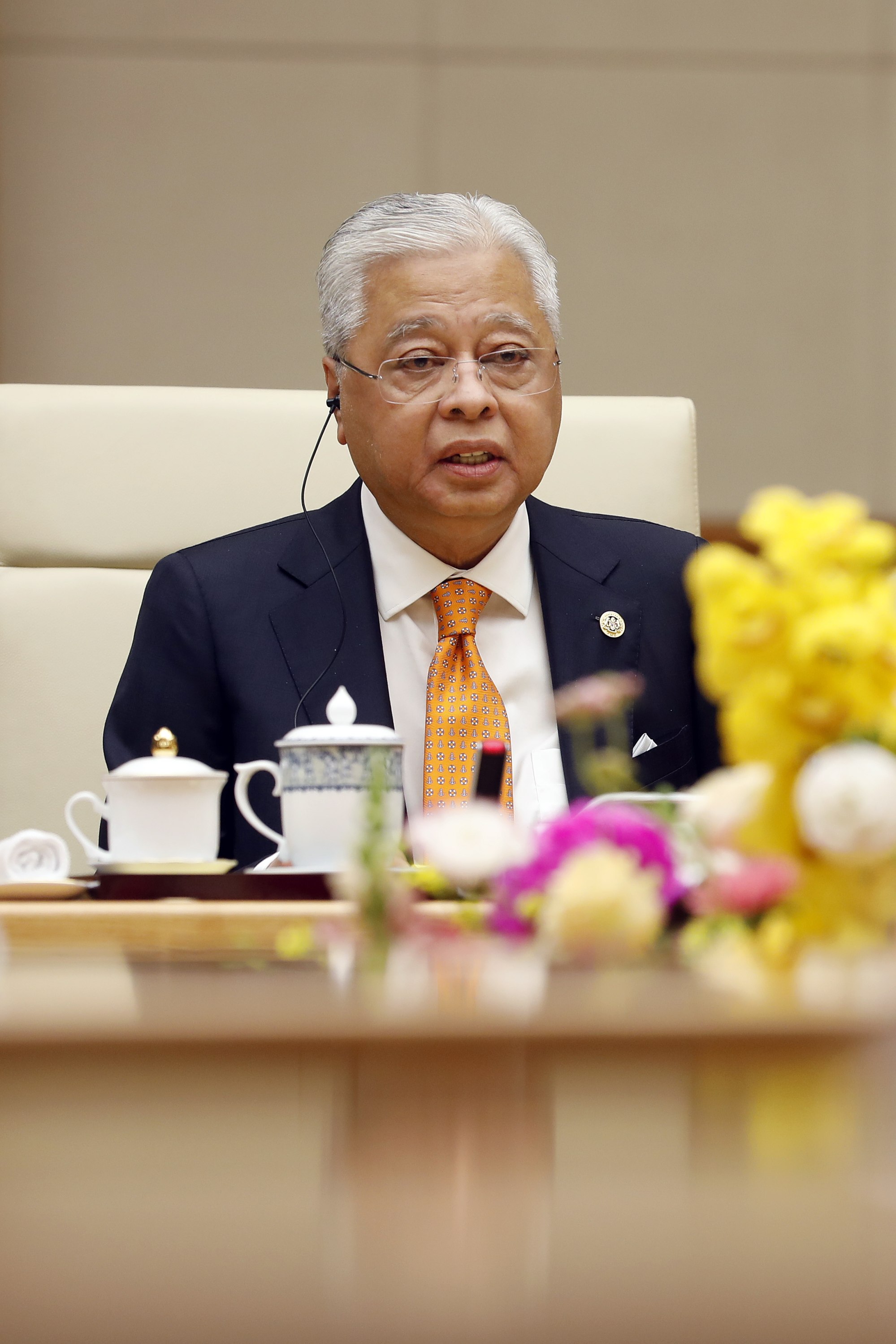
Malaysia’s Ismail Sabri Yaakob under fire for picking ‘empty can’ MP Tajuddin Abdul Rahman as envoy to Indonesia
- Tajuddin Abdul Rahman’s appointment as envoy to Jakarta comes as a surprise given his penchant for controversy over his three terms as a parliamentarian
- Malaysia was criticised by Indonesia over its alleged poor treatment of Indonesian workers, and its envoy to Jakarta plays a key role in managing such disputes
Malaysian Prime Minister Ismail Sabri Yaakob is facing criticism after confirming a controversial politician will be made the country’s ambassador to Indonesia, sparking calls from the opposition and public for the appointment to be revoked.
The prime minister on Wednesday said that Indonesian President Joko Widodo, or Jokowi approved of Malaysia’s decision to appoint 74-year-old Tajuddin Abdul Rahman as envoy to Jakarta.
The news came as a surprise to many after rumours in November claimed the government had put Tajuddin’s appointment on the back burner.

Ismail Sabri vouched for the ambassador-designate’s credentials as a “seasoned and experienced politician” despite Tajuddin’s reputation for being abrasive and uncouth.
“We have agreed to appoint [Tajuddin as ambassador] and Indonesia has also agreed to it,” said Ismail Sabri.
It is not clear when Indonesia had given its consent, but Ismail Sabri’s announcement came just days after he attended the US-Asean Summit in Washington, which was also attended by Jokowi.
Almost immediately after the prime minister’s announcement, an online petition calling for Tajuddin’s removal was launched and collected more than 17,000 signatures in just 24 hours.
Malaysia’s race divide in spotlight as fatal illegal bicycles case reopens
“Tajuddin has absolutely no merit to hold this position and to represent Malaysia let alone any position in the government. He is only an empty can,” said one of the petition signers, Yuen Kheong Shem.
Tajuddin has had a penchant for controversy over his three terms as a parliamentarian with the prime minister’s Umno party.
Just last year, he was sacked as chairman of government-owned public transport company Prasarana after he made light of a head-on collision between two trains operated by the firm. During a press conference to discuss the incident, he laughed it off as a situation where the trains, which were carrying 213 passengers, had “kissed each other”.
Are Malaysian celebrities playing by a different set of Covid-19 rules?
At the same press conference, he also accused a reporter from China’s Phoenix TV for making assumptions and “provocations” when asking questions.
In 2016, he sparked chaos in parliament after making a sexist remark playing on the surname “Kok” of a female opposition bencher. He escaped reprimand, and several days later Tajuddin’s son led a group of people to physically assault another opposition lawmaker who called his father a “bastard” during the earlier ruckus.
Opposition MP Sim Tze Tzin said it was shameful that Ismail Sabri was “passing the buck” to his Indonesian counterpart on Tajuddin’s appointment, as it is the prime minister’s prerogative to name political appointees to fill key posts.
In terms of political appointees, the buck stops with the Prime Minister
“In terms of political appointees, the buck stops with the Prime Minister. The final decision will be made by the Prime Minister. [The] Prime Minister decides a candidate and he will submit the name to the King for consent,” said Sim, who is a member of the Parliamentary Special Select Committee on International Affairs.
There are currently four senior political figures seen as allies to Ismail Sabri’s administration who have been appointed as ‘Special Envoy of the Prime Minister of Malaysia’ – a post that carries ministerial level perks and remunerations.
The four appointees serve four regions – the Middle East, China, East Asia, and South Asia.

Former youth minister Syed Saddiq Syed Abdul Rahman criticised the government for implementing the scheme, which he slammed as a waste of public funds to serve the prime minister’s personal interests.
“Even if you want to appoint them, let the appointments be on experience and merit. Let there be objectives when we appoint special envoys,” Syed Saddiq said.
Sim stressed that Malaysia cannot afford to cause undue tension in its ties with Indonesia, an important neighbour that straddles Malaysia on three sides and shares many cultural and historical similarities.
Indonesia, Malaysia sign accord for migrant workers
According to 2018 data from Malaysia’s ministry of human resources, Malaysia hosted some 700,000 Indonesian migrant workers – accounting for 40 per cent of the country’s total migrant workforce.
Rights group Migrant CARE estimates that between 100,000 and 200,000 Indonesians travel illegally to Malaysia each year for work.
Malaysia has faced regular criticism from Indonesia over its alleged poor treatment of Indonesian workers, and Malaysia’s envoy to Jakarta plays a key role in managing such disputes.

Bridget Welsh, a research associate with the University of Nottingham’s Asia Research Institute Malaysia, said Tajuddin’s appointment was a clear move by Ismail Sabri to reward him for his support to bolster the prime minister’s position in the run up to the general election which must be held by May next year.
She said the appointment reeked of entitlement among politicians unable to make a distinction between government and personal interests, and sends all the wrong signals to Malaysia’s neighbours.
“The appointment of Tajuddin as ambassador disrespects Indonesia,” said Welsh.

